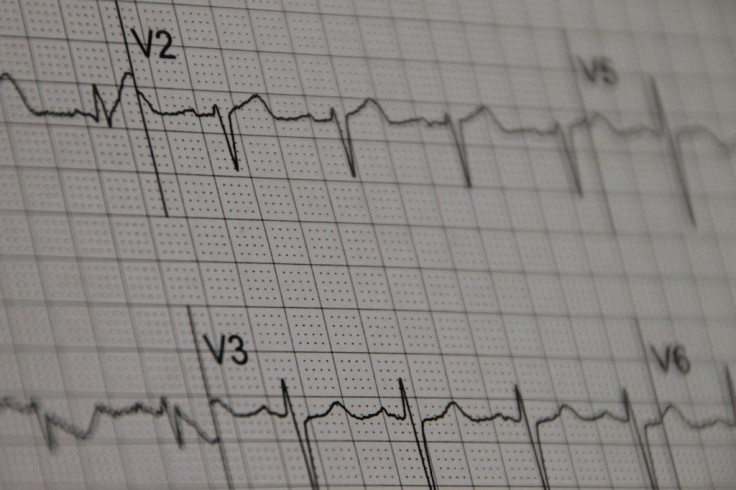Low Resting Heart Rate May Predict Future Violent, Anti-Social Behavior In Men

We like to think we have at least some sort of grasp on the behaviors and characteristics that precede violence. In the past, we’ve been able to link behaviors outside the social norm with future acts of violence, and we’ve even tried to figure out what it is that causes violent behavior in those who do seem to act normal.
Even more difficult than recognizing the behaviors associated with an increased risk for violence is understanding biological traits that may be indicators of future violence. A low resting heart rate (LRHR) has been associated with certain types of bad behavior in past studies, and a new study has been published associating an LRHR as a late adolescent with an increased risk for violent criminality in men.
LRHR has been linked to antisocial behavior in adolescents, the reason for which is still being discussed. Many experts believe an LRHR could be an indicator of a chronically low level of physical arousal, which could lead some to seek stimulating experiences. Another theory sees an LRHR as a marker of weakened responses to aversive and stressful stimuli, which could lead one down a path of fearlessness and risk-taking.
Very little is known about the relationship between RHR and violence in particular, so researchers decided to take a look at this possible biological risk factor.
The study was led by Dr. Antti Latvala of the Karolinska Institutet in Stockholm and the University of Helsinki, Finland. She and her coauthors used data from 710,264 Swedish men with up to 35.7 years of follow up. RHR and blood pressure had been measured at mandatory military testing when the men were 18 years old. During the follow up, 40,093 men were convicted of a violent crime.
The researchers observed that men with the lowest RHR (less than or equal to 60 beats per minute) had a 39 percent higher chance of being convicted of violent crimes and a 25 percent higher chance of being convicted of nonviolent crimes when compared to the group with the highest RHR (greater than or equal to 83 beats per minute.)
“Our results confirm that, in addition to being associated with aggressive and antisocial outcomes in childhood and adolescence, low RHR increases the risk for violent and nonviolent antisocial behaviors in adulthood,” the authors wrote in the study.
In an associated editorial, Dr. Adrian Raine of the University of Pennsylvania pointed out the significance of the study’s findings.
“We now have knowledge that a person’s lower RHR raises, albeit weakly, the odds of an individual committing future offenses beyond his or her control,” he wrote. “Can the criminal justice system continue to turn a blind eye to the anatomy of violence?”
Source: Latvala A, et al. Association of Lower Resting Heart Rate in Men and Increased Violent Criminality. JAMA. 2015.
Published by Medicaldaily.com



























